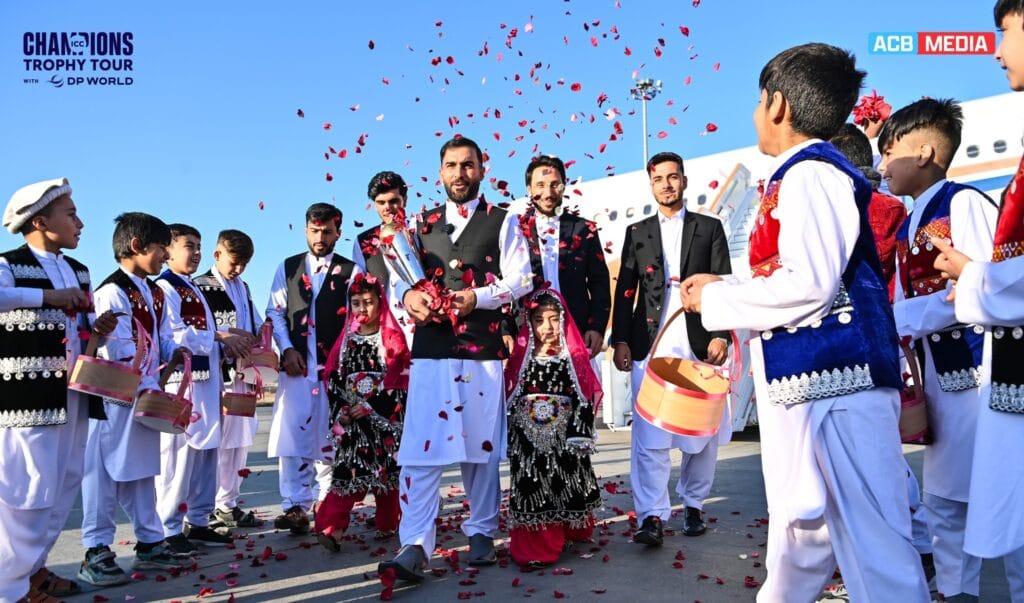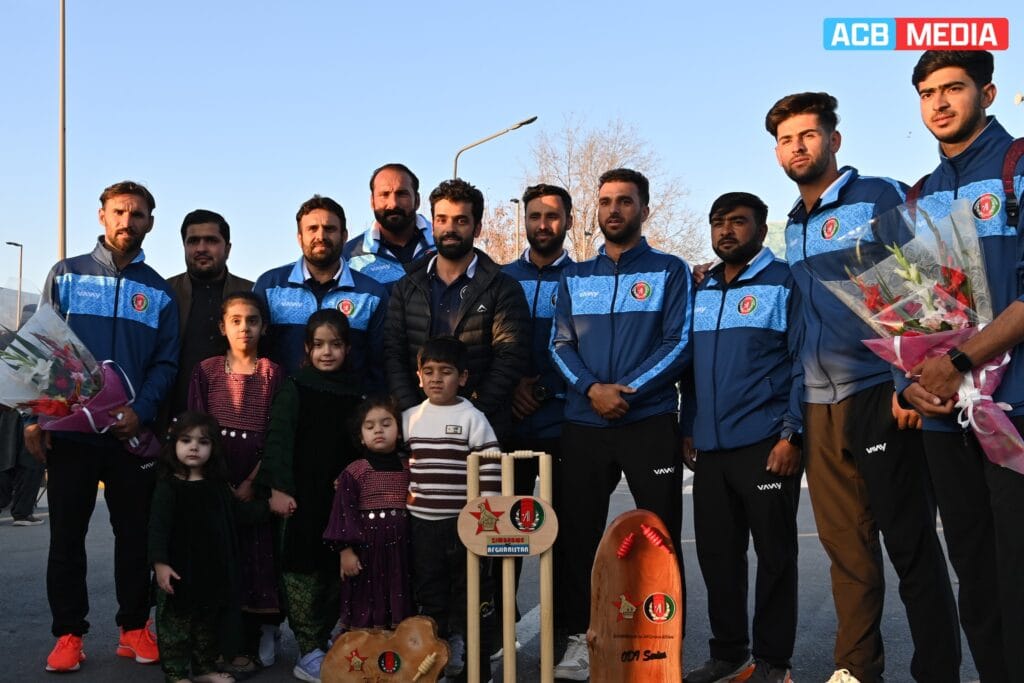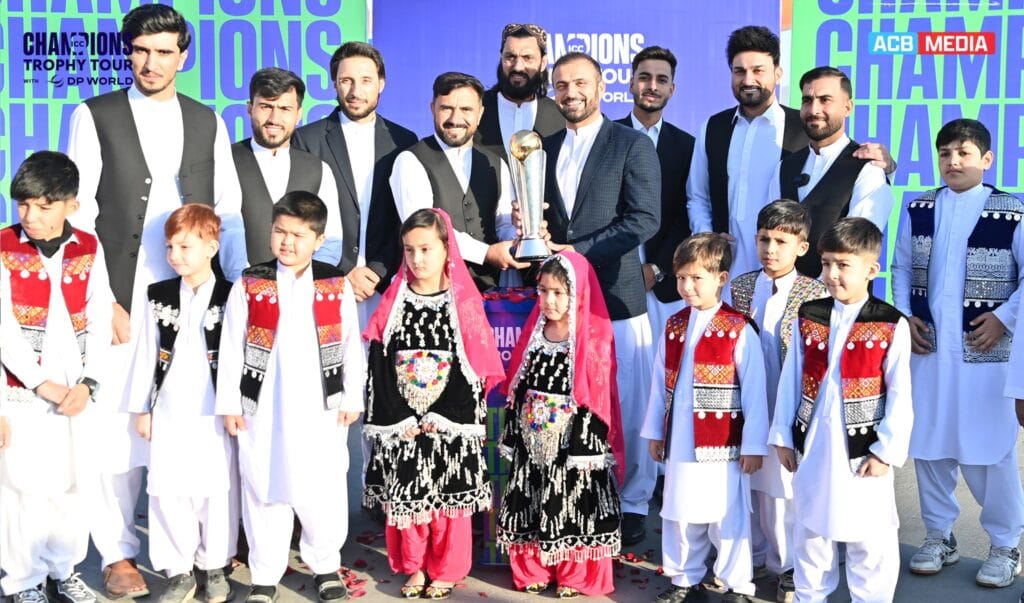
The International Cricket Council (ICC) has clarified that the Afghanistan Cricket Board (ACB) cannot be held accountable for policies the Afghan government implements. The statement follows growing calls from politicians in the UK and South Africa to boycott Afghanistan in the upcoming ICC Champions Trophy due to the Taliban’s restrictions on women’s cricket and broader gender rights.
ICC’s Stance: Sports Above Politics
Responding to criticism, an ICC spokesperson stated that the Afghanistan Cricket Board and its players should not be punished for governmental actions outside their control. Instead, the ICC emphasized its mission to support cricket’s development in Afghanistan and create opportunities for both men and women to participate in the sport.
“We aim to use our influence constructively,” the spokesperson said, underscoring the ICC’s commitment to helping Afghanistan balance sporting opportunities amidst challenging circumstances.

South Africa and England Respond to Political Pressure
South Africa’s cricket board addressed calls for a boycott, affirming that decisions related to Afghanistan should align with ICC guidelines for international tournaments. Similarly, the England and Wales Cricket Board (ECB) reiterated that while bilateral matches are independently managed, events like the ICC Champions Trophy operate under ICC jurisdiction.
The ECB confirmed it would honor the Champions Trophy schedule, including England’s match against Afghanistan, despite calls from some British politicians to reconsider.
Divided Opinions: Calls for Sanctions vs. Unity
In recent weeks, some activists and social media campaigns have urged the ICC to impose sanctions on Afghanistan, arguing it could pressure the Taliban to reverse its restrictions on women. However, critics of such measures argue that penalizing the Afghan cricket team would unfairly punish players who have no control over government policies.
Former Afghan President Hamid Karzai weighed in on the debate, emphasizing the importance of supporting Afghan athletes. “The people of Afghanistan have always stood by their sports stars, and we hope they continue to bring pride to the nation through their hard work and talent,” he posted on social media.
Afghan journalist Bakhtiar Sahel, who closely follows cricket, echoed this sentiment. Speaking to Yaraan, he noted that Afghanistan’s cricket team achieved its success long before the Taliban regained power and remains a symbol of resilience and hope for the nation.

(Photo: Afghanistan Cricket Board)
Cricket: A Rare Source of Unity and Joy
Afghanistan’s cricket team has grown exponentially, with the ICC granting the country full membership in 2017 despite lacking a women’s team as a standard requirement. The ICC made an exception, citing the unique challenges Afghanistan faces.
For many Afghans, cricket provides a rare sense of joy amid adversity. Richard Gould, the ECB’s chief executive, shares this sentiment, describing cricket as “a beacon of hope and positivity” for millions of Afghans, including those displaced by conflict.
Champions Trophy: A High-Stakes Tournament
The ICC Champions Trophy, set to take place in Pakistan from February 19 to March 9, will feature eight teams divided into two groups. Afghanistan is in Group B alongside England, Australia, and South Africa, while Group A includes Pakistan, India, New Zealand, and Bangladesh.
England’s scheduled match against Afghanistan has drawn criticism from British politicians, some of whom argue that the Afghan team should take a stand against the Taliban’s gender policies. However, the ICC remains firm in its stance, asserting that sports should not be used to impose political penalties.

Challenges Within the ICC
The ICC’s discussions on Afghanistan often reveal divided opinions among its members. Asian cricket boards, including Pakistan and India, generally advocate for Afghanistan, while boards from countries like England and Australia hold a more critical view.
Many see the recent election of Jay Shah, an Indian, as ICC chair as a positive development for Afghanistan’s position within the organization, given India’s historical support for Afghan cricket.
Broader Context: Taliban Policies and Global Scrutiny
The Taliban’s restrictions extend far beyond women’s cricket, encompassing broader bans on women’s participation in sports and public activities. Despite these challenges, Afghanistan’s cricket team continues to serve as a unifying force for the nation, inspiring pride and hope.
As the Champions Trophy approaches, Afghanistan finds itself at the crossroads of sports, politics, and human rights. Its cricket team symbolizes resilience amid a deeply divided global debate.



1 Trackback / Pingback